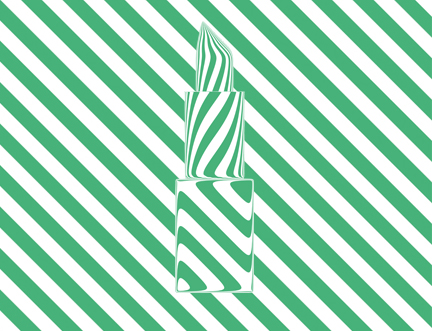More articles Monday 20 August 2018 1:00pm
Ruby Wax: Understanding how our brains work is vital for our mental health

“Part of us is brilliant and part of us is a savage, and the sooner we understand that about our brains, the happier we’ll be,” believes Ruby Wax. The comedy writer, performer, mental health campaigner and mindfulness advocate was speaking about her new book How to Be Human: The Manual. at a sold out event at the Book Festival yesterday.
Wax explained that much of our culture’s growing mental health crisis can be traced back to how the human brain has not evolved anywhere as near as fast as our social environment—and this isn’t our fault. “We were equipped with something hundreds of thousands of years ago; it works perfectly in one sense, but in another it’s creating glitches. Our brain is still partly caveman and it doesn’t know the wallpaper has changed.
“We do have a 400,000 year old brain, in here, that never went away,” she added. “It’s for the basics: ‘eat, fuck, kill’. We need it. On top of that, like a hat, is this more sophisticated brain from about 200,000 years ago. And the two of them are constantly arguing; that’s why I say there are women out there who like to read Martin Heidegger but also want to screw the plumber.”
She pointed out that, while “cognitively we’re geniuses”, we still all too obviously lack the right tools to understand who we are. “It’s like having a Ferrari on top of your head, but nobody gave you the keys,” Wax said. Her book, she believes, is an attempt to explain: “Here’s what we are, and here’s how you can now make it work for you, rather than it dragging you into madness.”
Wax believes such self-knowledge can be particularly useful for someone like her who is still on antidepressants. “There’s no magic pill, but when my depression starts to come – when it raises its little head, like a demon – my thoughts are actually of a different quality. If you’re forewarned, you can tell it’s coming and then you can do things to make sure that you don’t get depressed about depression.
“Last time, rather than getting busy – because that’s what you do when you have depression, you want to show everyone you’re the last at the party, which makes you even more ill – I knew it was coming. I cut off social media. I checked into a very small room, no noise, and the depression passed after five days rather than five months.”


 Major new partnership with Celtic Connections
Major new partnership with Celtic Connections 

